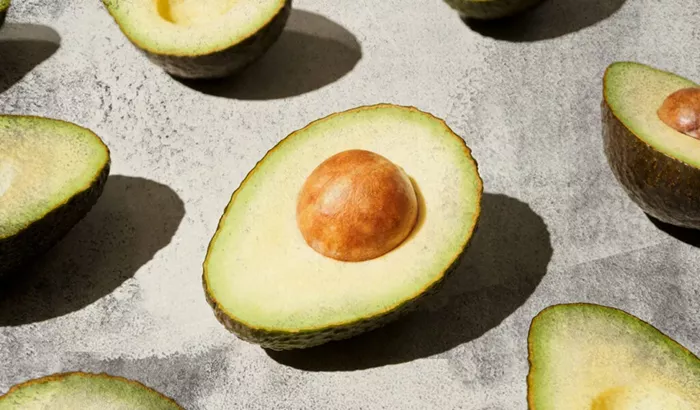A recent study published in Pediatric Research suggests that eating avocados during pregnancy may reduce the risk of food allergies in children by almost half.
This study explored how the mother’s diet, especially avocado consumption, influences the risk of food allergies in her child.
Food allergies are a growing concern, affecting about 1 in 13 children. A poor diet during pregnancy, especially one high in sweets and junk food, may increase a child’s risk of developing allergies.
In contrast, a healthy diet rich in fruits, vegetables, and yogurt can help lower the chances of developing allergies like asthma and eczema. The research now points to avocados as a potential key factor in protecting babies from these conditions.
Study Focus and Methods
The study, funded by the Research Committee of Kuopio University Hospital and others, focused on the role of avocados in reducing food allergy risk. Avocados are rich in healthy fats, fiber, and antioxidants, which are known to support the development of a baby’s immune system. These nutrients, similar to those found in a Mediterranean diet, might help lower the risk of allergies.
The research was based on the Kuopio Birth Cohort (KuBiCo) study, which included 2,272 women who delivered babies between 2013 and 2022. The participants’ diets were assessed using a tool called the Alternative Healthy Eating Index for Pregnancy (AHEI-P).
The women were grouped into two categories: those who consumed avocados during pregnancy and those who did not.
Key Findings: Avocados and Allergy Risk
The results showed that children born to mothers who ate avocados had a 44% lower risk of developing food allergies by their first birthday. Specifically, the rate of food allergies was 2.4% in children of avocado consumers, compared to 4.2% in those whose mothers did not eat avocados. The study adjusted for factors like the mother’s age, education, body mass index (BMI), smoking habits, and whether the baby was born via C-section.
While the study found that avocado consumption was linked to a reduced risk of food allergies, it did not show significant differences for other allergic conditions like eczema or rhinitis.
Why Avocados Might Help
Avocados are rich in monounsaturated fats, fiber, and antioxidants, all of which may play a role in protecting against allergies. The healthy fats may reduce unwanted immune reactions, while fiber could improve the gut microbiome and promote healthy immune development.
The antioxidants in avocados may also help control immune responses, reducing the chances of developing allergies.
Conclusion
This study is the first to suggest that eating avocados during pregnancy may lower the risk of food allergies in children. While the findings are promising, they cannot prove that avocados alone cause this reduction in risk. The researchers note that more studies are needed to fully understand the connection.
Nevertheless, the results align with previous research showing that diets rich in fruits, vegetables, and other healthy foods can protect against allergies.
This study encourages future mothers to consider adding avocados to their diet as part of a healthy pregnancy. As Dr. Sari Hantunen, one of the study authors, said, “There is no cure for food allergies, but these findings offer hope that eating avocados can benefit both maternal and child health.”


